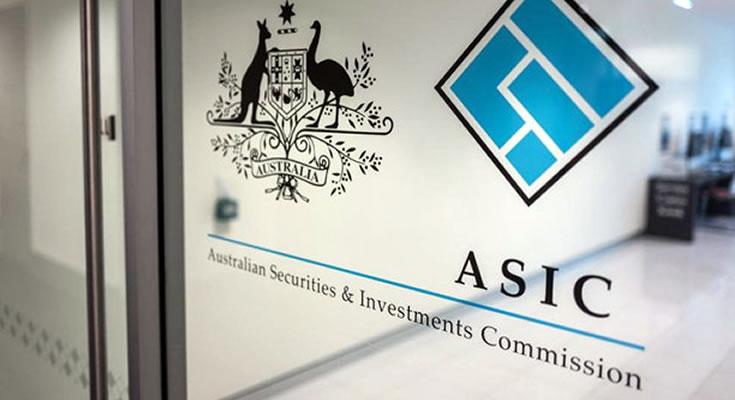
Does your advisor need an AFSL?
30.6.2020There are some very important questions that owners of businesses raising capital, selling or buying businesses should ask their Corporate Advisors. These include fundamental questions such as “how many times have you successfully advised on a transaction like this?”, “do you have international reach?” and, “do you understand the sector my business operates in?”
To this list of questions, owners should add “do you have a licence to give corporate advice?”
ASIC has stated that it considers authorisations (a licence) to provide both personal and general advice to be “crucial” to providing corporate advisory services. In a recent judgement in the Courts (Validus Advisory versus Consolidated Tin), the judge found that in providing corporate advice to a Board, Validus was clearly providing “financial product advice”, of the type requiring an Australian Financial Services Licence (AFSL).
Yet many organisations are giving advice without an AFSL.
So, what does an AFSL tell you about a Corporate Advisor? In short, it tells you that you are dealing with a quality organisation, while also providing a certain level of protection in the event that something negative happens.
The quality aspects come from the fact that to be licenced in the first place and to maintain an AFSL, the licensee must comply with specific obligations, including:
- Conduct and disclosure – advisors must provide relevant financial services including advice efficiently, honestly and fairly;
- Financial Requirements – there are solvency, cash holdings and net asset tests;
- Compliance & Risk Management – ASIC expects to see established and maintained systems;
- Managing Conflicts of Interest – authorised representatives can be held personally responsible for serious breaches of best interest duties.;
- Technological and HR requirements;
- Organisational Expertise – the competence, knowledge and skills of responsible managers;
- Monitoring, Supervising and Training – the training and competence of financial advisers and authorised representatives;
- Financial Services law – ensuring financial advisers and authorised representatives comply;
- Dispute resolution – both internal and external dispute resolution procedures and record keeping for complaints;
- Insurance and compensation arrangements – including appropriate professional indemnity insurance covering professional advice;
- Risk management systems;
- Reporting and audits – Licensees are required to publish annual reports and be audited.
Over time, the requirements to gain and maintain an AFSL are becoming even more stringent. The time and cost involved in maintaining an AFSL is substantial, and should provide business owners with confidence that their advisor is serious about providing a high quality, ethical service over the long term.
The penalty for carrying on a financial services business without a licence is a $22,000 fine or imprisonment for two years, or both. ASIC encourages consumers to check they are dealing with either a licensed financial services provider or an authorised representative of a licensee.
Overall, the aim of every business owner should be to successfully complete their transaction at the best price possible, and just as importantly, with the lowest risk possible. This applies both to the risk of the transaction not completing, and to any residual risk retained by the owner post-transaction. Engaging an advisor with an AFSL provides comfort that they have the skills, experience, and ethics necessary to achieve this outcome.
InterFinancial is the proud holder of AFSL number 341675.








